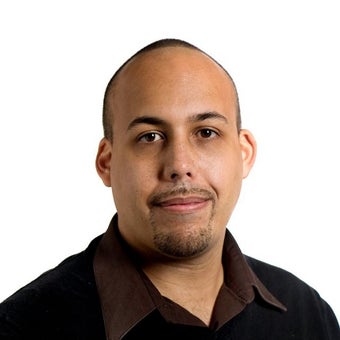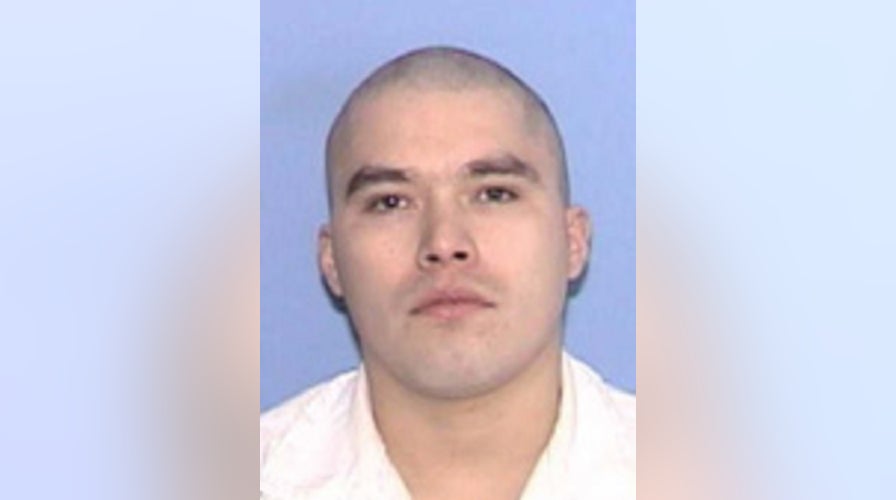Fox News Flash top headlines for September 7
Fox News Flash top headlines are here. Check out what's clicking on Foxnews.com.
A Texas death row inmate filed an emergency appeal with Supreme Court Justice Samuel Alito on Tuesday, a day before his scheduled execution over a request to have his pastor pray aloud and "lay hands" on him as he dies.
On Monday, a federal appeals court denied a stay request from John Ramirez based on religious grounds. The 37-year-old is scheduled to be executed Wednesday for the 2004 murder of convenience store worker Pablo Castro in Corpus Christi.
Texas allows spiritual advisors inside the death chamber but Ramirez is seeking to have his Baptist pastor, Dana Moore, be allowed to touch him and pray aloud over him during the procedure. The 5th Circuit U.S. Court of Appeals ruled that doing so could jeopardize the execution.
TEXAS GOV. GREG ABBOTT SIGNS CONTROVERSIAL ELECTION INTEGRITY BILL

Texas death row inmate John Ramirez, 37, filed a stay of execution Tuesday in an effort to have his pastor pray over him and touch him during his execution. (Texas Department of Criminal Justice)
In the appeal to the Supreme Court, attorneys for Ramirez argue the Texas Department of Criminal Justice rules would require Moore to stand silently as Ramirez lay dying.
"In other words, Pastor Moore is compelled to stand in his little corner of the room like a potted plant even though his notarized affidavit explains that laying his hands on a dying body- and vocalized prayers during the transformation from life to death- are intertwined with the ministrations he seeks to give Ramirez as part of their jointly subscribed system of faith," the request reads.
In its opinion, the appeals court ruled that the administration of drugs during the execution and its potential failure could expose the risks of "non-medical hands on the body of a person undergoing the procedure."
CLICK HERE TO GET THE FOX NEWS APP
Texas banned religious advisors from entering execution chambers in 2019 but lifted it in April.



